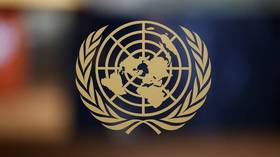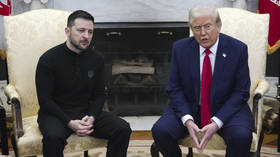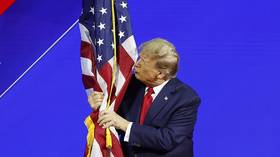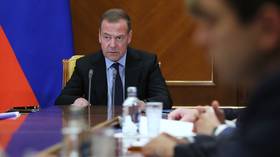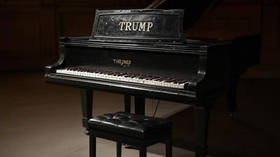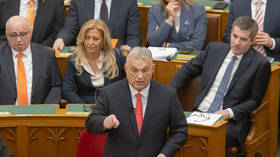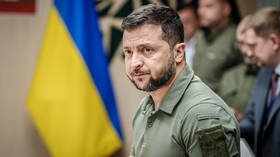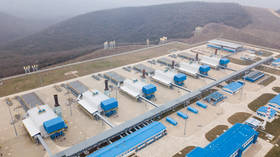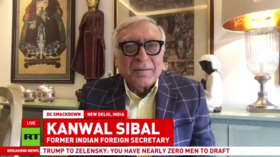UN chief weighs in on Security Council expansion
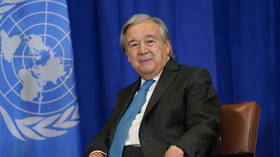
UN Secretary-General Antonio Guterres told reporters on Monday that proposals to expand the UN Security Council are “seriously on the table.” However, he cautioned that some Western suggestions on limiting the veto power of its members – aimed at Russia – will likely fail.
Speaking at his last press conference of 2022, Guterres said that while the membership of the Security Council may be expanded, none of the body’s five permanent members – the US, UK, China, France, and Russia – will likely lose its veto power, as any plan to modify this right could be blocked by any one of these nations, using the same veto.
The Security Council consists of 15 members, ten of which serve two-year terms on the body and cannot veto resolutions. Formed in 1945, the Security Council can enforce sanctions, authorize military action, and refer cases for the International Criminal Court – but only with the unanimous consent of the five permanent members.
Russia has advocated for a more diverse Security Council for years, with Foreign Minister Sergey Lavrov arguing last year for giving more seats to developing countries in order to break the West’s disproportionate hold on the body. Russia’s permanent representative to the UN, Vassily Nebenzia, reiterated this argument last week, telling the council that it “can be democratized only through increasing the representation of African, Asian, and Latin American states.”
While neither Lavrov nor Nebenzia discussed adding more permanent members, US President Joe Biden told the UN General Assembly in September that Washington “supports increasing the number of both permanent and non-permanent representatives of the council,” where “nations we have long supported” would be given seats.
Brazil, Germany, India, Japan, Kenya, Mexico, Nigeria, and South Africa have all expressed interest in permanent seats on the council in recent years.
Since Russia has blocked US-led attempts to condemn its military operation in Ukraine via the Security Council, Kiev has called on the council to figure out a way to remove Russia’s veto power. Guterres said on Monday that while he is aware of British and French support for veto reform, he is “pessimistic” that the current arrangement could be “seriously brought into question.”
